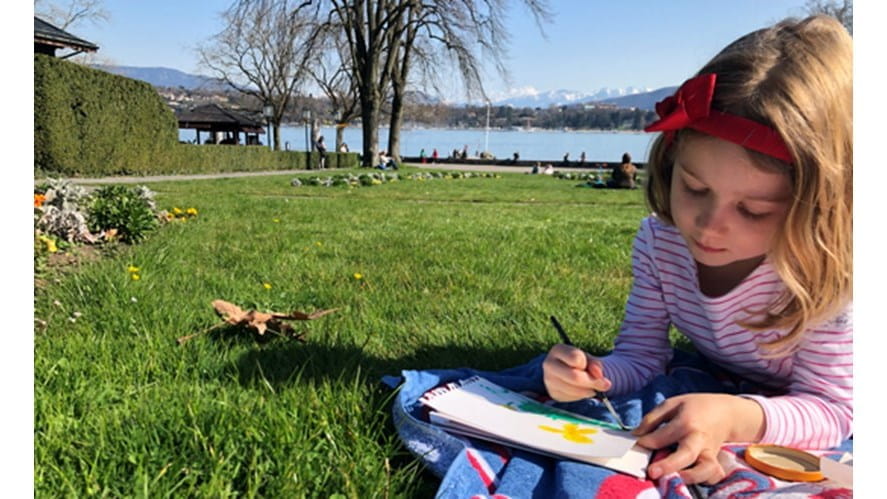We use cookies to improve your online experiences. To learn more and choose your cookies options, please refer to our cookie policy.
Join Us for Our Open House – Saturday, 14th March 2026

The world is closing in
Did you ever think
That we could be so close, like brothers
The future's in the air
I can feel it everywhere
Blowing with the wind of change
Take me to the magic of the moment
On a glory night
Where the children of tomorrow dream away
In the wind of change
Do you remember that Scorpions’ song? It is about change that is in the air and that brings us opportunities. Change is the only constant in our life, some people say. It makes our lives exciting and fills us with energy. Without change we would not live.
For most of us change can be unsettling though. We often resist change. Comfortable where we are, we fear what the unknown will bring us. We feel we are not in charge anymore, that we don’t have a choice and even may feel alone in this.
People like structure and predictability. We take the same road every day to work, use the same shampoo for years, drink our coffee around the same time, go to the same ski resort every winter. We almost forget that change happens to us every day: road works that make us change our daily drive to school, a favorite coffee shop that suddenly closed down, a meeting that gets cancelled. These are small daily changes we seem to quite easily adapt to. It shows how flexible and resilient we are. We sometimes even see the positive sides of these changes: The detour shows us a country side we did not know; When searching for that other coffee shop we bump into an old friend who shows us that hidden gem we would have never found on our own; And the cancelled meeting gives us an opportunity to catch up with a colleague.
How do we adapt then to change? It is good to realize that it is different for everyone. And knowing how change affects us personally can help us determine our own strategies to be resilient when bigger changes come our way. Change can be seen as an external situation, while transition is the internal social-emotional process. Therefore, we have to become aware that it is not the change itself, but the transition to the new situation that helps us to come to terms with change.
Transition is a three-step process with an ending, an in-between phase, and a new beginning. The ending phase recognizes that transition means first and for all letting go of the old situation, which can feel like a loss. In the in-between phase, the old is gone, but the new hasn’t been fully established yet, which may bring a feeling of insecurity. In the new phase we embrace the new with new values, understandings, and attitudes, and often become aware of the positive sides change can have.
We all go through these phases, although the amount of time we spend in each and every one of them depends on our personality and the type of change we are experiencing. To be aware of how we adapted to earlier changes, to acknowledge those three phases of transition, and to be well informed about what is to come will help us to be in charge of the change. In these times specifically, we need to tap into our resilience to be able to not let ourselves be blown away by the wind of change. We have to be prepared for what is to come.
To help you with this preparation, please fill in any questions or queries you may have about the upcoming transition of going back to school. We will answer the most important ones in a personal video which will be posted next week.
Submissions are sent to us, not posted here.